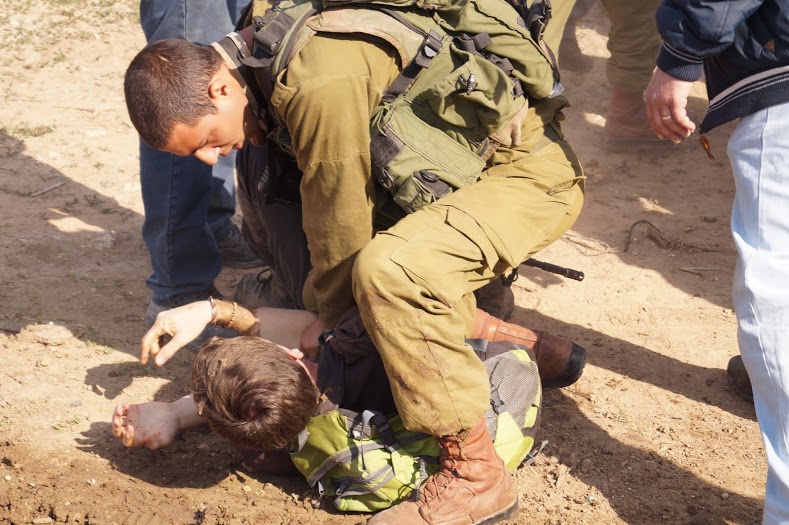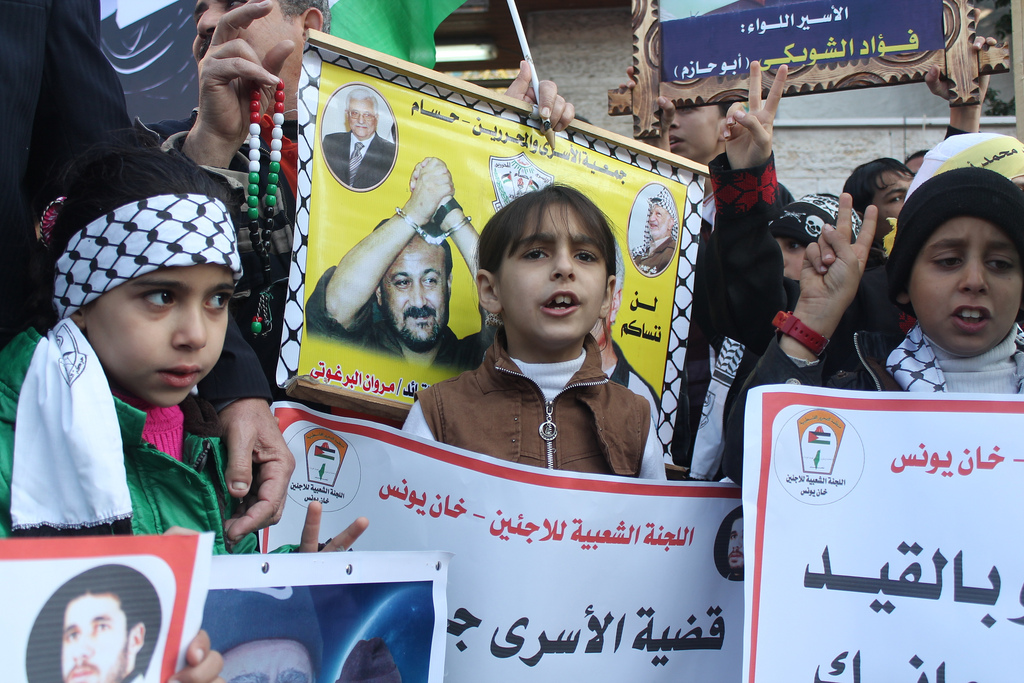Category: Press Releases
-
Crackdown on international human rights activists in Palestine: arrests, deportations, and abuse
31st January 2014 | International Solidarity Movement | Occupied Palestine With the arrest of two international human rights activists at Salem Military Court, in Jenin district, on Wednesday 29th January 2014, the total number of arrests of activists in the past month has risen to five, and the number of deportations to four. Arrested activists…
-
Peaceful protest ends in deportation and imprisonment
20th January 2014 | International Solidarity Movement | Occupied Palestine On Saturday 18th January during a peaceful protest in the Jordan Valley, 19-year-old Ahmad Walid Atatreh, a Palestinian activist and 24-year-old Sven W, a German activist who lives in Switzerland, were arrested and beaten after a march held in Jiftlik Adam Junction. Ahmad is a law student, studying at Al-Quds University in Jerusalem. The…
-
Gaza welcomes freed Palestinian detainees, rallies for others in illness and isolation
15th January 2014 | International Solidarity Movement, Marco Varasio | Gaza, Occupied Palestine Like every Monday morning, people gathered at International Committee of the Red Cross’ Gaza office to demonstrate in solidarity with the Palestinian prisoners in Israeli detention facilities. This week’s rally started with the chanting of slogans against the illegal detention of Palestinians…


